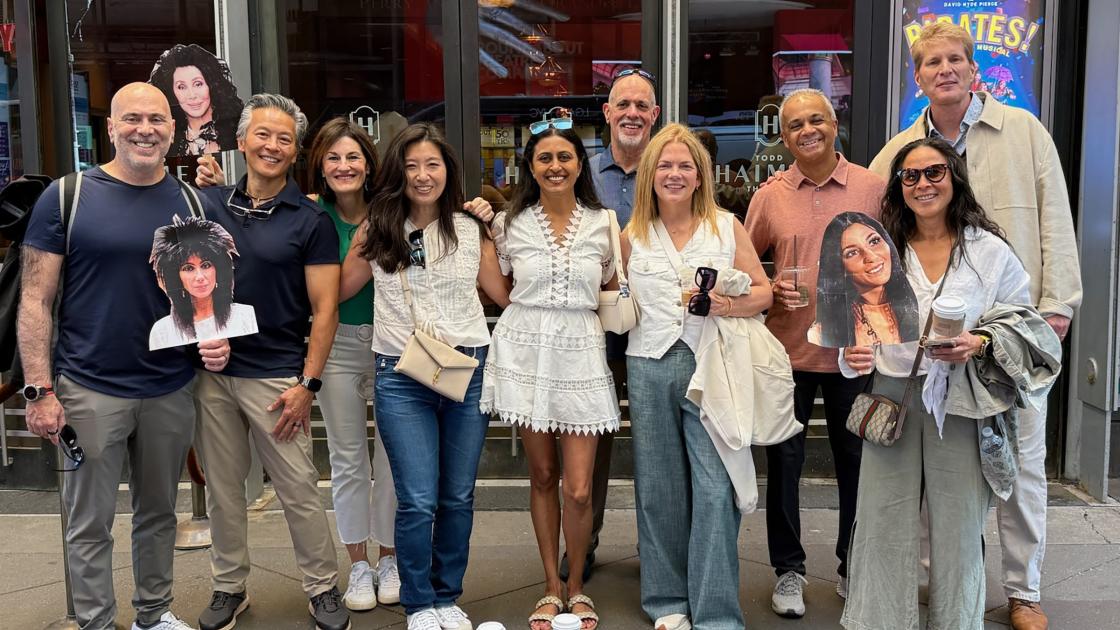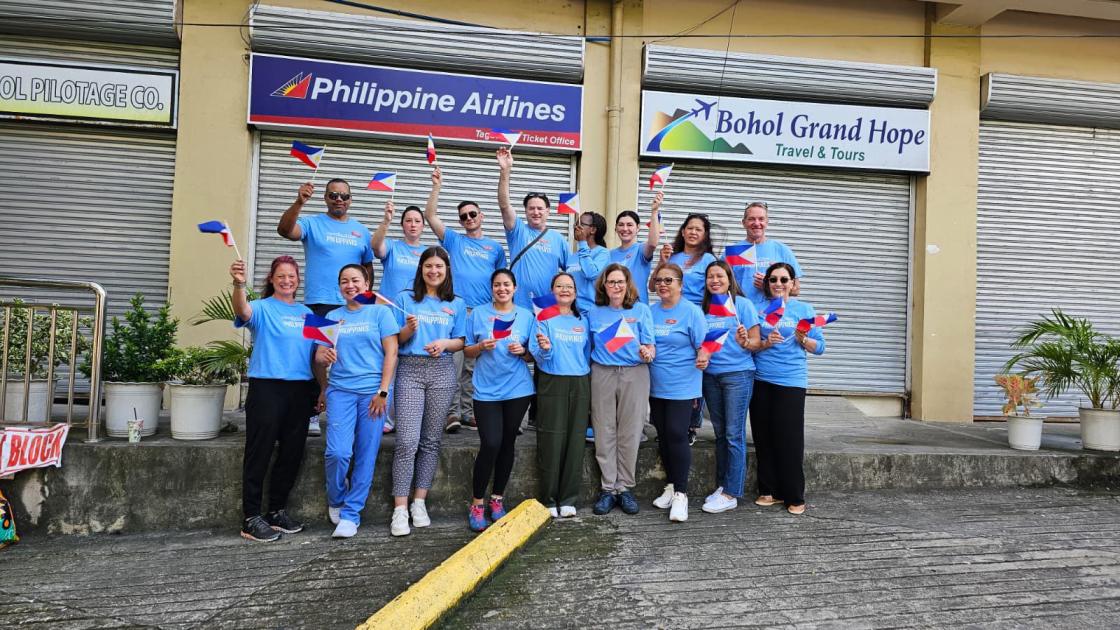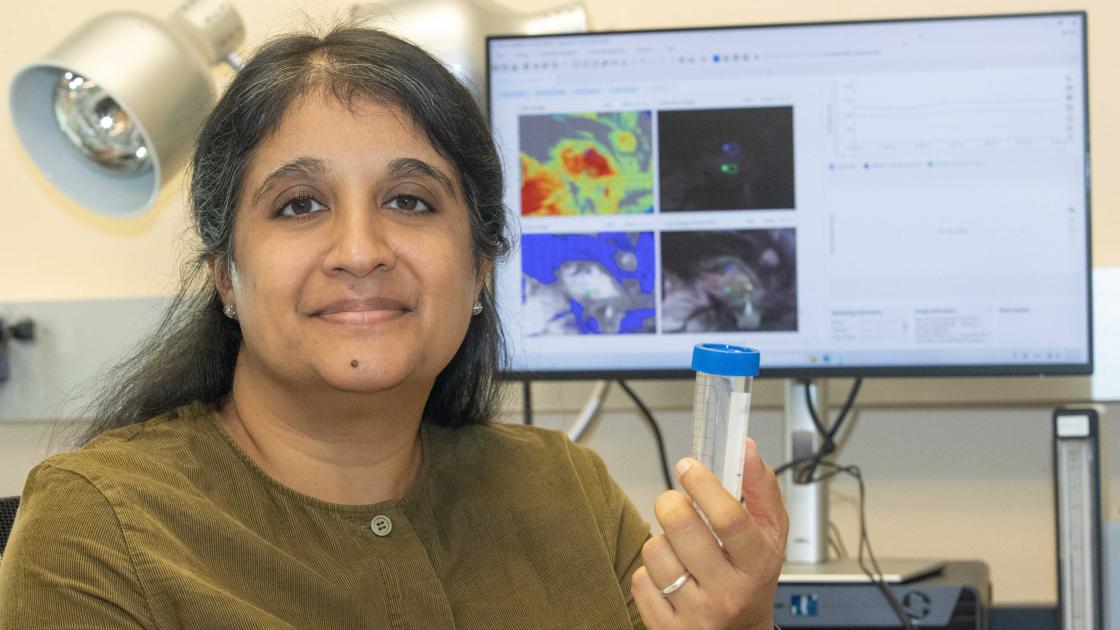Annual lectureship celebrates legacy of SIU surgeons
On October 19, 1983, at a dinner meeting held to commemorate the tenth anniversary of the General Surgery Residency Program, Dr. Roland Folse and Dr. Alan Birtch were honored when an official announcement was made of the establishment of a lectureship fund to publicly recognize the dedication and hard work both men had devoted to the General Surgery Residency Program.
The Folse-Birtch-Sumner Lectureship has become a time to celebrate the Department of Surgery’s founding surgeons. Many former and current surgery residents, fellows, and faculty celebrate their legacy of hard work, dedication, and strength of character.
This year’s visiting professor was Dr. Ash Mansour of Michigan State University and Corewell Health in Grand Rapids, MI. It was a special visit for Dr. Mansour since he completed his Vascular Surgery fellowship at SIU in the 1990s under the direction of Dr. David Sumner. Dr. Mansour joined the SIU faculty and residents for a dinner on May 24, and then presented Grand Rounds for the department on Thursday, May 25. His presentation focused on the innovations in surgical education over the last few decades. Many of the surgical education methods that are now common throughout the country were pioneered right here at SIU School of Medicine.



